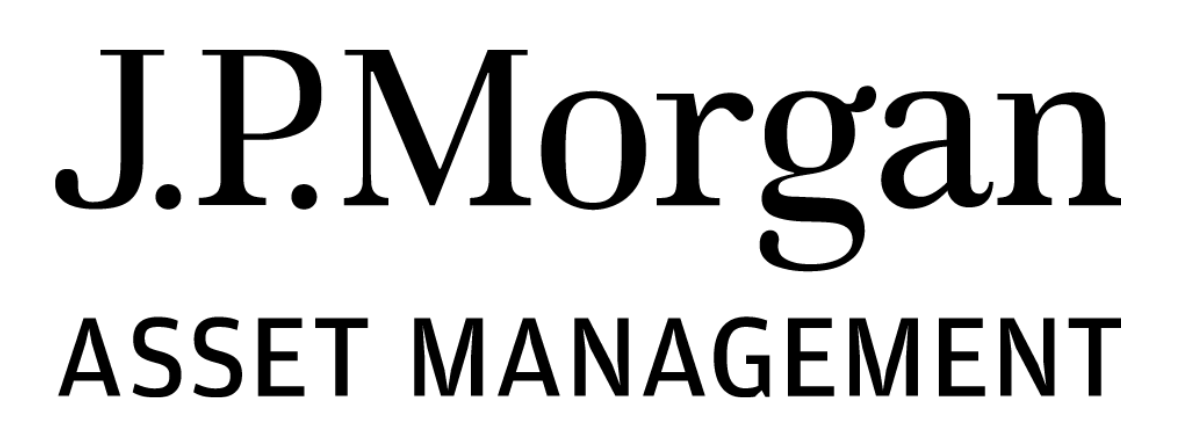Recent rate hikes and hawkish rhetoric from an inflation-fighting Federal Reserve have battered high-growth stocks worldwide, spurring investors to rotate into value shares, which tend to outperform when rates and inflation are rising. In China, the growth stock downturn began earlier (last summer, amid domestic regulatory changes). Declines then intensified across emerging market equities this year, and further in recent days. Growth stock valuations in emerging markets, particularly China, are now back down to pre-pandemic levels, while value has held up a bit better.
Fed hikes are also challenging emerging market currencies and economies, not just equities. That is par for the course for a Fed hiking cycle that bolsters the US dollar. But compared to the last major monetary policy tightening cycle, in 2013, we think emerging markets today are in a much better position. The US dollar had already strengthened, in anticipation, when Fed hikes started this year.
Furthermore, the Fed in this cycle has generally been a pre-emptive and effective communicator. Then there are the actions of emerging market central banks, which are doing the opposite of their 2013 predecessors. This time, they had already been raising rates when the Fed pivoted to a hawkish stance in December 2021. This makes us optimistic that emerging market currencies, economies, and in turn EM equities, are in a much stronger place than they might be otherwise.
Where could emerging market equities go from here?Recent turbulence has no impact on the long-term emerging market growth story, which we stand by firmly. Indeed, what seems to be an indiscriminate sell-off means good companies are more attractively valued than they have been in years. Unleashing stimulus and relaxing ‘zero-COVID-19’ would unleash opportunities; stock selection may find unfairly punished stocks China’s ‘zero-COVID-19’ policy has undeniably complicated a much-anticipated, stimulus-driven economic recovery. That’s the next crucial influence on emerging market equities.
The Chinese government’s GDP growth target for 2022 is 5.5%, however we expect a more modest 4% for the year. Most importantly, we note that China’s credit impulse – monthly change in the flow of new credit – has turned upward. We consider it one of the keys to growth and one of the best indicators for China’s macro direction.
Relaxation of the draconian pandemic policy is the other key to a growth recovery. A large part of Chinese equity markets have tended to track domestic macro growth, which though improving, is not booming yet. Policymakers are pushing for an economic recovery and we believe growth is in its early stages. The key downside risk is further tight COVID-19 policies. We acknowledge that China has no easy choices.
The impact on China’s equitiesWhat’s our stock market outlook for China? Equities are undeniably attractive on a valuation basis. If China’s stimulus and economic recovery play out, we see real opportunity in Chinese equities, with the most battered sectors the most attractive. The domestic market is geared towards an infrastructure and property market recovery, so it has potential upside when stimulus is delivered.
War in Ukraine creates upside for commodity producersRussia’s war in Ukraine has had first- and second order impacts. First, the immediate impact has been to remove Russia as an investable market. The second order impact – rising commodity prices globally – has been positive for a broad swathe of emerging markets. Elevated commodity prices have helped emerging market producers’ equity indices make strong gains year-to-date, particularly Saudi Arabia, Indonesia and Latin America. We have not been focused on many of these producers’ growth stories, in light of, among other concerns, certain environmental, social and governance issues.
However, we think commodities may continue to be supported at elevated levels over the next three to 12 months. High prices imply upside for commodity producers in the equity market and, as their countries’ macroeconomic pictures improve, a boost to domestic demand that could strengthen corporate performance and feed through into equity markets, lengthening the upcycle. High commodity prices should also strengthen these countries’ FX, which, as noted, is particularly helpful in an environment of rising rates.
We see opportunities across the emerging market complex. Emerging markets have always been more volatile than developed markets, with a dynamic risk-return balance, and there’s no question it is one of those times. But long-term investors should see past the turbulence. Over a reasonable investment period, we think the big picture economic and demographic growth story will prevail, with money to be made for those who keep focused on the long-term fundamentals.
ACTIVE ETFS FOR EMERGING MARKETS EQUITIESThe JPM Research Enhanced Index Equity (ESG) ETF Emerging Market exposures offer a cost-efficient, active way to benefit from the long-term opportunities in Emerging Markets. The Research Enhanced Index (REI) Equity (ESG) ETFs seek to deliver index-like characteristics while exploiting stock-specific insight. Built on the expert stock research of our fundamental emerging markets analysts, the ETFs target consistent positive excess returns at low tracking error. We offer the REI ETFs for global emerging markets, AsiaPacific ex-Japan and China A-Shares equities. The full range is categorized as SFDR Article 8 and follows an active ESG approach including exclusions, ESG integration and engagement with companies.
Find out more at:Switzerland: am.jpmorgan.com/ch/etfGermany: am.jpmorgan.com/de/etfFrance: am.jpmorgan.com/fr/etfItaly: am.jpmorgan.com/it/etfNetherlands: am.jpmorgan.com/nl/etfNorway: am.jpmorgan.com/no/etfSweden: am.jpmorgan.com/se/etfUnited Kingdom: am.jpmorgan.com/uk/etf
DisclaimerFor Professional Clients and Qualified Investors only – not for retail use or distribution This is a marketing communication. Please refer to the prospectus of the ETF and to the KIID before making any final investment decision. This is a marketing communication and as such the views contained herein do not form part of an offer, nor are they to be taken as advice or a recommendation, to buy or sell any investment or interest thereto. It should be noted that the value of investments and the income from them may fluctuate in accordance with market conditions and taxation agreements and investors may not get back the full amount invested. Past performance is not a reliable indicator of current and future results. There is no guarantee that any forecast made will come to pass. Shares or other interests may not be offered to or purchased directly or indirectly by US persons. The latest available Prospectus, the Key Investor Information Document (KIID), any applicable local offering document and sustainability-related disclosures are available free of charge in English from your J.P. Morgan Asset Management regional contact or at www.jpmorganassetmanagement.ie. A summary of investor rights is available in English at https://am.jpmorgan.com/lu/investor-rights. J.P. Morgan Asset Management may decide to terminate the arrangements made for the marketing of its collective investment undertakings. Units in Undertakings for Collective Investment in Transferable Securities (“UCITS”) Exchange Traded Funds (“ETF”) purchased on the secondary market cannot usually be sold directly back to UCITS ETF. Investors must buy and sell units on a secondary market with the assistance of an intermediary (e.g. a stockbroker) and may incur fees for doing so. In addition, investors may pay more than the current net asset value when buying units and may receive less than the current net asset value when selling them. Our EMEA Privacy Policy is available at www.jpmorgan.com/emea-privacy-policy. This communication is issued in Europe (excluding UK) by JPMorgan Asset Management (Europe) S.à r.l. and in the UK by JPMorgan Asset Management (UK) Limited, which is authorised and regulated by the Financial Conduct Authority. 09dl221805103304.



